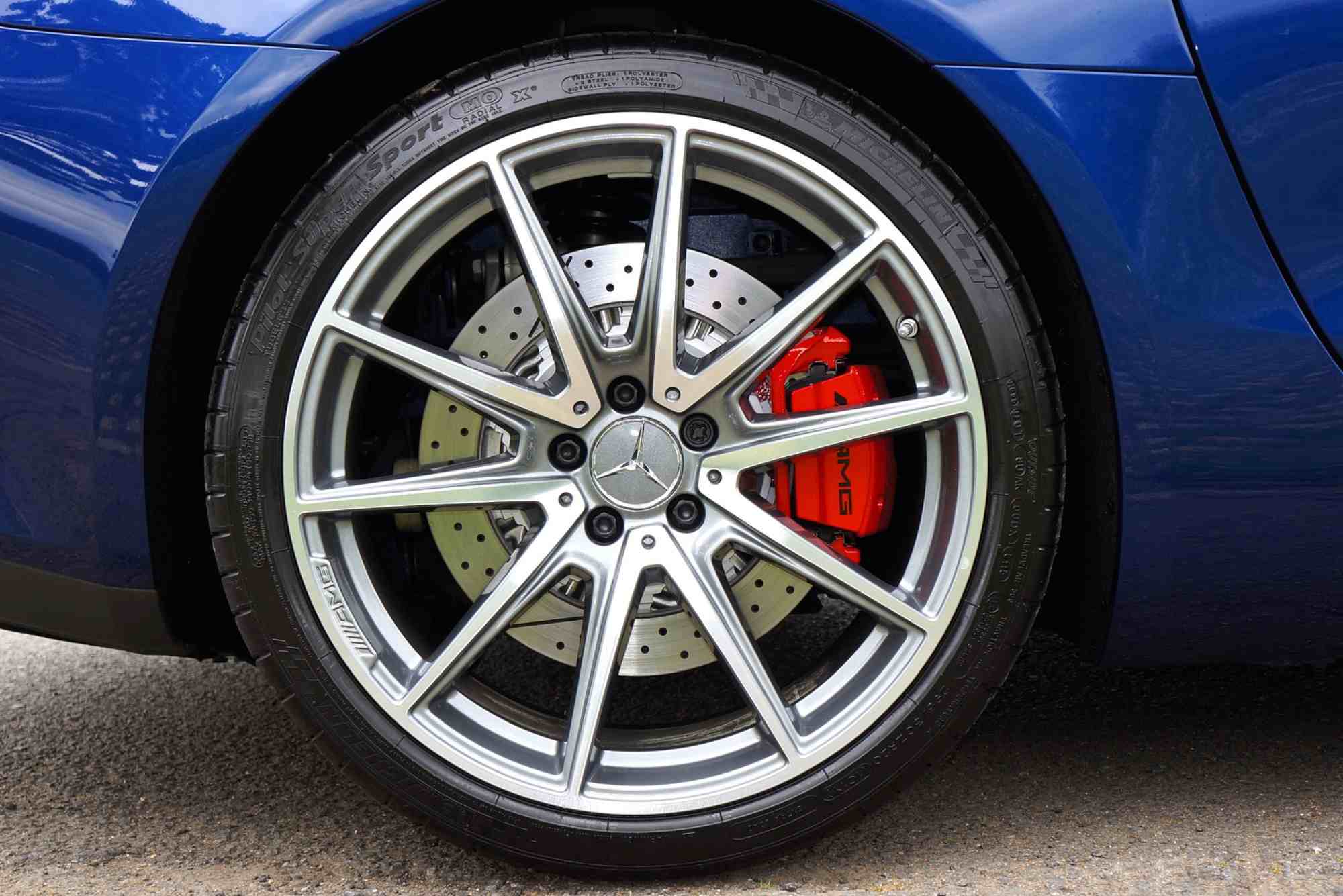Thick Tires vs Thin Tires for Cars: Which One Is Better for Your Ride?
Choosing the right tire size is more important than many car owners realize. The debate between thick tires and thin tires for cars has been going on for years. Drivers often wonder which type provides better performance, comfort, and safety. The answer isn’t one-size-fits-all — it depends on your driving style, the type of vehicle you own, and the conditions you face on the road. In this detailed guide, we’ll explore everything you need to know about thick tires vs thin tires car choices so you can make the best decision for your ride.
Understanding the Difference Between Thick and Thin Tires
Thick tires, often referred to as wide tires, have a larger tread width. They provide a bigger surface area in contact with the road. This usually results in more grip, better cornering stability, and enhanced traction. Thin tires, on the other hand, are narrower. They have less rolling resistance, which can improve fuel efficiency and make steering lighter.
In simple terms, thick tires focus on grip and stability, while thin tires prioritize efficiency and agility. Each has advantages and trade-offs depending on your priorities.
Performance Differences Between Thick and Thin Tires
Handling and Cornering
Thick tires give your car more grip when turning. This makes cornering at higher speeds feel safer and more controlled. Thin tires, while still stable, can feel less confident in sharp turns. However, for city driving where tight turns are less frequent, this difference may not be noticeable.
Acceleration and Braking
Thick tires can improve braking performance because of their larger contact patch. More rubber touching the road means more friction to slow down the car. Thin tires may not stop as quickly on dry roads but can perform better in certain wet or icy conditions where less surface area reduces hydroplaning.
Comfort and Ride Quality
Thin tires generally have taller sidewalls, which can absorb bumps and potholes better. Thick tires often have lower sidewalls, making the ride stiffer. If comfort is a priority, thin tires may be the better choice. For sportier handling, thick tires have the edge.
Fuel Efficiency: Which Tire Wins?
Fuel economy is a major concern for most drivers. Thin tires have less rolling resistance, meaning the engine doesn’t work as hard to move the car. This usually results in better mileage. Thick tires, because of their greater surface area, increase friction and may reduce fuel efficiency slightly. However, for performance-focused drivers, this trade-off can be worth it.
Safety Considerations for Different Driving Conditions
Safety is often the deciding factor in the thick tires vs thin tires car debate. Thick tires offer better dry-road grip and can improve braking distances. This is ideal for performance driving or in areas with good weather conditions. Thin tires excel in wet, snowy, or icy environments, as their smaller contact area can help cut through water or snow more effectively, reducing the risk of hydroplaning.
Aesthetic Appeal and Vehicle Design
Many car enthusiasts prefer thick tires because they give a sportier, more aggressive look. Thin tires often appear more practical and less flashy. That said, tire choice should never be based on looks alone — performance, comfort, and safety should always come first.
Cost of Thick Tires vs Thin Tires
Generally, thick tires cost more than thin tires. They require more rubber to manufacture and are often paired with larger rims, which can also be expensive. Thin tires are usually cheaper to replace and may last longer due to less rolling resistance. However, the lifespan of any tire depends on driving habits, road conditions, and maintenance.
Choosing the Right Tires for Your Car
When deciding between thick and thin tires, consider your driving environment. If you live in an area with smooth roads and you enjoy spirited driving, thick tires can enhance performance and control. If you drive mainly in cities, prioritize fuel economy, or face harsh winters, thin tires may be more practical.
Also, check your car manufacturer’s recommendations. Installing tires that deviate too far from the suggested specifications can affect handling, fuel economy, and safety.
FAQs
Do thick tires wear out faster than thin tires?
Yes, thick tires can wear out faster if driven aggressively, due to the increased friction with the road. Proper maintenance and alignment can extend their life.
Are thick tires always better for performance cars?
In most cases, yes. Performance cars benefit from the added grip and stability of thick tires. However, for everyday commuting, the difference may be less noticeable.
Can I switch from thin tires to thick tires on my car?
You can, but you must ensure they fit within your car’s wheel well and do not interfere with suspension or steering components. Always consult a tire specialist before switching.
Which tires are better for winter driving?
Thin tires with proper winter tread are usually better for snowy and icy roads. They can cut through snow more effectively than wide tires.
Do thick tires affect steering?
Yes. Thick tires can make steering feel heavier, especially at low speeds. Thin tires generally provide lighter, more responsive steering.
In the thick tires vs thin tires car discussion, there’s no universal winner. Thick tires excel in grip, stability, and sporty handling. Thin tires shine in efficiency, comfort, and winter performance. Your choice should be based on how and where you drive, your budget, and your performance priorities.





